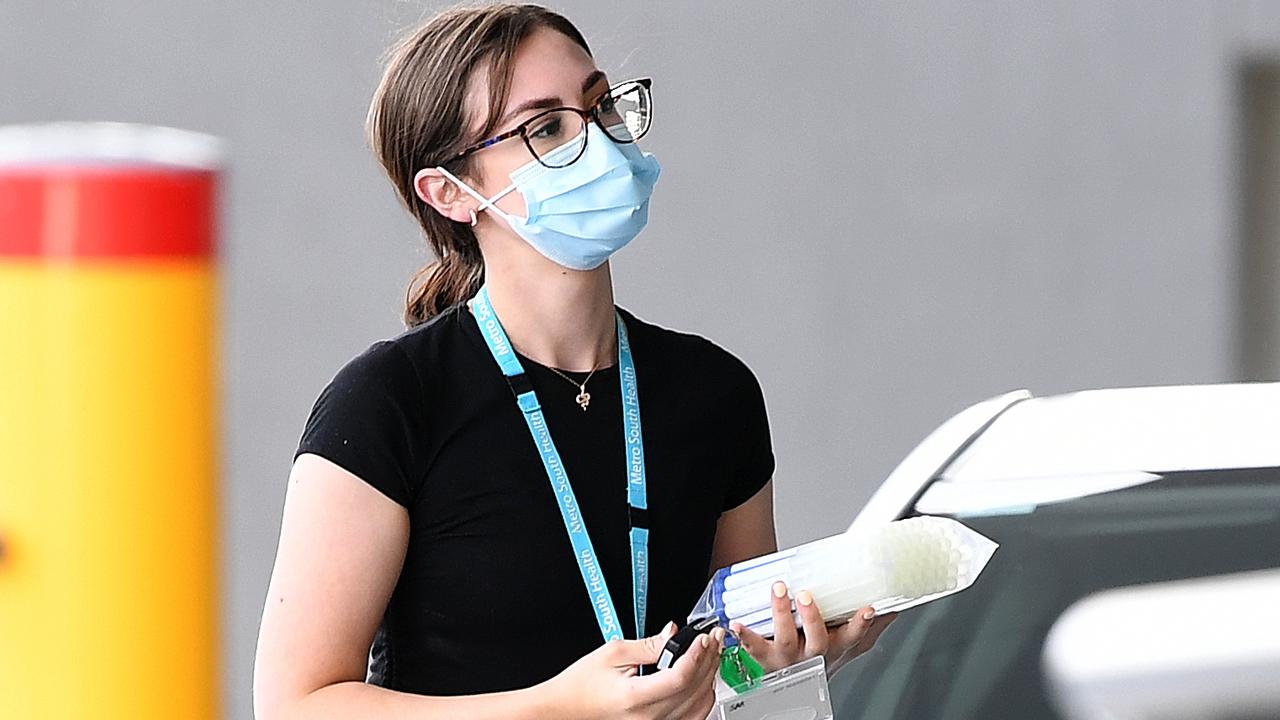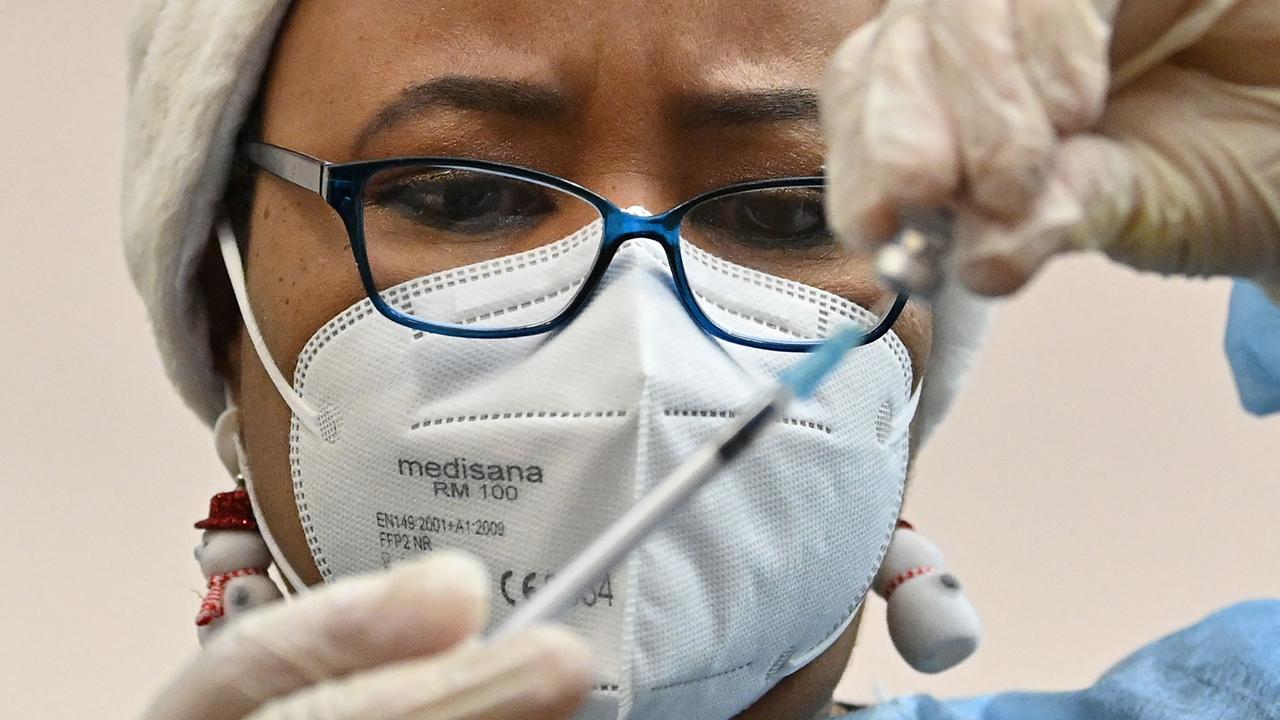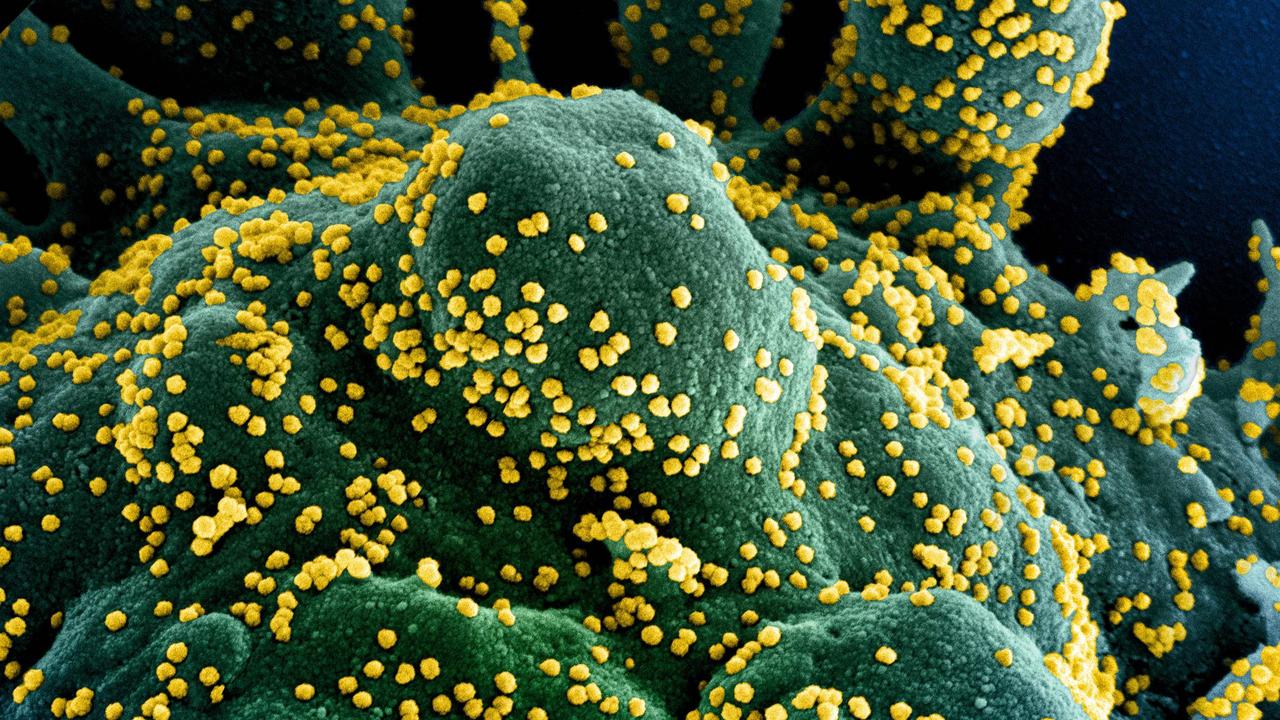Super-infectious mutant COVID-19 variant more likely to infect children
A new, super-infectious coronavirus variant that has already been found in three Aussie states comes with a disturbing feature.
The “mutant” COVID-19 virus now detected in Sydney, Brisbane and Perth is so super infectious that it is also more likely to infect children.
Scientists have warned that the new variant, which is likely to become the dominant virus worldwide within months, is a superspreader compared to the original and is likely to completely reshape the lockdown strategies deployed by governments to control outbreaks.
It’s one reason why the Prime Minister Scott Morrison was quick to back the Queensland Premier’s shock decision to announce a three day lockdown over the weekend after previously raising concerns over such harsh measures.
In the United Kingdom, the mutant virus has also forced the closure of schools, despite hopes to reopen them in January.
While the outbreak is largely contained in Australia, the mutant virus has already been detected among returning travellers in Perth, Brisbane and Sydney.
In Perth, a patient at the centre of multiple PPE protocol breaches in Western Australia tested positive last week.
RELATED: Follow all our live coronavirus Australia updates here

RELATED: Healthy 18-year-old dies after COVID-19 ‘ate her through’
Three days ago, a family of four in NSW hotel quarantine tested positive to the worrying South African mutation of COVID-19, NSW Health confirmed.
The UK strain is believed to be up to 70 per cent more transmissible than earlier versions of the virus.
In Queensland, the trigger for the Brisbane lockdown was a cleaner at a quarantine hotel testing positive on Thursday to the mutant variation.
The worker was in the community for five days and the cleaner’s partner has also tested positive.
And while it’s the elderly who remain most at risk from the virus, the new variant appears more likely to infect schoolchildren.
Last month, Professor Neil Ferguson, from Imperial College London, said the new variant was infecting younger people more often than other strains.
“There is a hint that it has a higher propensity to infect children. That may perhaps explain some of the differences but we haven’t established any sort of causality on that but we can see that in the data,’’ he said.
“During the lockdown in England, we saw a general shift in the age distribution of the virus towards children.”
RELATED: Two reasons NSW may be facing ‘explosive outbreak’

RELATED: Medical worker deliberately destroys 500 vaccine doses
Professor Wendy Barclay, a member of the government’s New and Emerging Respiratory Virus Threats Advisory Group, told the Independent newspaper it was not more dangerous to children but it was spreading faster.
“We’re not saying that this is a virus which specifically targets children or is any more specific in its ability to infect children, but we know that Covid was not as efficient in affecting children as it was in adults,’’ she said.
Australia’s health chiefs are still resisting calls to grant “emergency” approvals for the COVID-19 vaccine but a new mutant variant of the virus is spreading so quickly in the United Kingdom it has forced a faster roll out of vaccines there.
According to Prospect magazine, the fast-spreading variant known as B117 has been reported in other countries beyond the UK, including the Netherlands, Italy and the US.
“The consequences are huge,’’ science writer Phillip Ball wrote.
“It is this faster spreading that explains why B117 is coming to dominate new infections: it out-competes other forms of the virus in a Darwinian manner.
“B117 seems to be more prevalent than the older variants in children and young people aged 0-19 years. The reasons aren’t yet clear. It’s possible that the variant is better at infecting young people than previous strains, but also possible that this increase reflects the fact that schools remained open during the lockdown, so more spreading went on there than elsewhere.”




